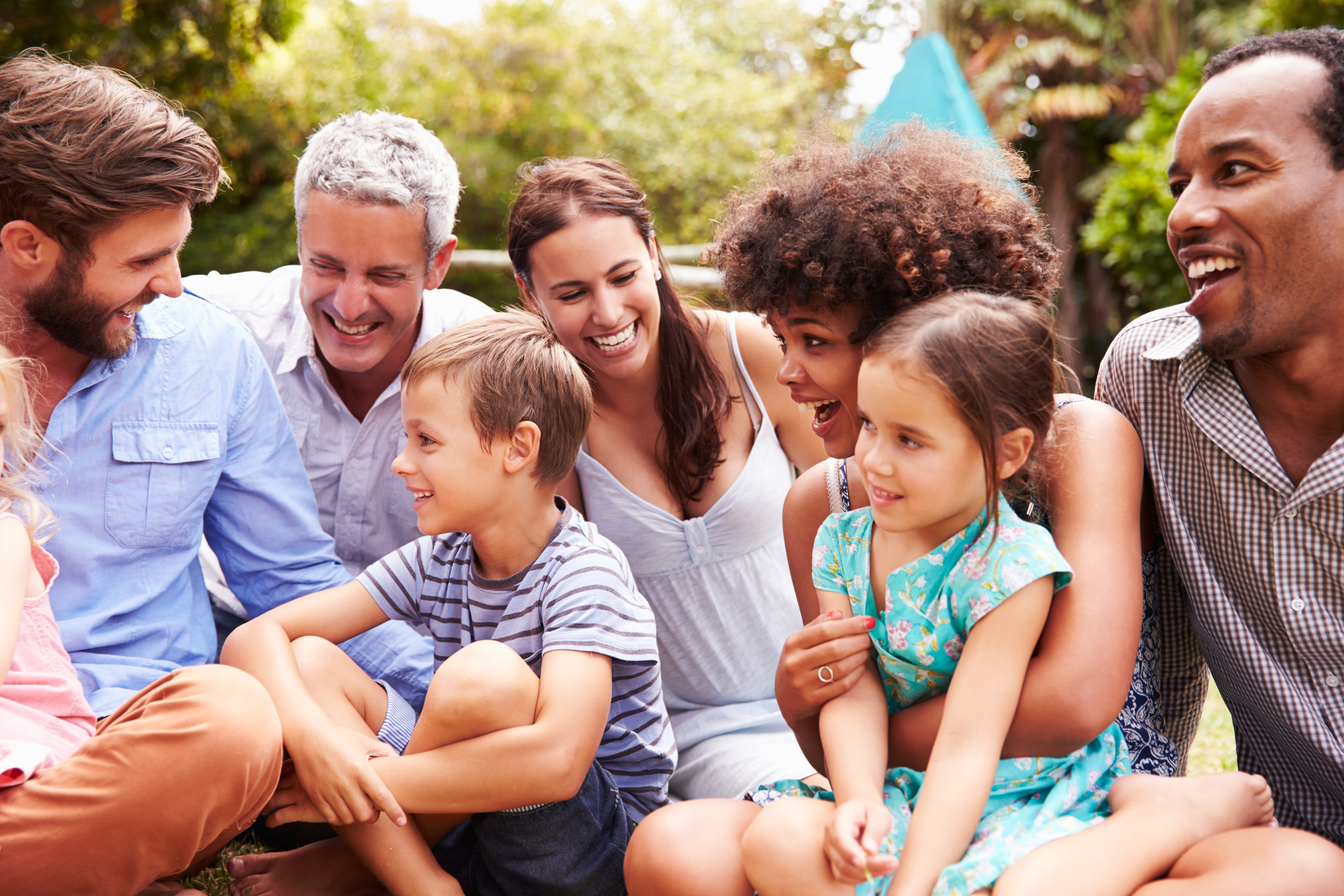The Power of Positive News: How Good News Impacts Mental Health
The power of positive news in a negative world
Have you heard the good news? In a media landscape frequently dominate by crisis, conflict, and catastrophe, positive news can feel like a rare commodity. Yet research progressively show that good news isn’t exactly pleasant — it’s essential for our psychological wellbeing.
The human brain have a negativity bias, mean we tend to pay more attention to threaten or troubling information. This evolutionary trait help our ancestors survive, but in today’s 24/7 news cycle, it can lead to anxiety, depression, and a distorted worldview.
Positive news offer a powerful counterbalance, provide not upright momentary joy but tangible benefits for mental health, community cohesion, and yet physical wellbeing.
The psychological benefits of good news
Research from the University of California find that consume positive news stories can improve mood for hours afterward. Unlike the temporary dopamine hit from social media, good news create last effects on outlook and emotional resilience.
Positive news consumption correlate with:
- Reduced anxiety levels
- Lower stress hormone production
- Improved sleep quality
- Greater sense of social connection
- Increase optimism and hope
Dr. Laurie Santos, psychology professor at Yale University, explain:” our brains are wire to scan for threats, but we can deliberately rewire them through regular exposure to positive information. This doesn’t mean ignore serious issues, but quite create a more balanced information diet. ”
How good news spread: the social contagion effect
When someone ask,” have you hear the good news? ” tTheyre not good share information — they’re pparticipatedin a social phenomenon psychologists call” emotional contagion. ”
Good news spread through communities in measurable ways. Studies show that positive stories are share more wide on social media than negative ones, despite the common perception that bad news dominates.
Nicholas Christmas, sociologist at yYale University has ddocumentedhow happiness spread through social networks like a virus — reach up to three degrees of separation. When you share good news, you potentially improve the mood of not good your immediate contacts but their friends and evening their friends’ friends.
Find balance: create a healthy news diet
Complete news avoidance isn’t the answer. Stay inform about challenges face our world remain important for civic engagement and social responsibility. The key is balance.
Practical strategies for a healthier news diet include:
- Set specific times for news consumption instead than constant checking
- Follow dedicated good news sources alongside traditional outlets
- Practice the” three good things ” xercise — note three positive developments each day
- Support solutions journalism that focus on responses to problems, not exactly problems
- Take regular breaks from news consumption alone
Media psychologist Dr. Pamela Rutledge recommend:” think of news consumption like food intake. You need a balanced diet that include not equitable the nutritional’ vegetables’ of serious reporting but besides the’ dessert’ of uplifting stories that remind you of human potential. ”
The science behind why good news matters
The impact of positive news extends beyond momentary mood improvement. Neuroscience research show that regular exposure to positive information can really reshape neural pathways.
When we consume good news:
- The brain release oxytocin, the bond hormone that increase trust and empathy
- Cortisol levels (the stress hormone )decrease
- Activity in the prefrontal cortex increases, improve decision make capacity
- The amygdala (the brain’s threat detection center )become less reactive
These biological changes translate into real world benefits. A study in the journal of positive psychology find that participants who watch upright three minutes of positive news in the morning report higher levels of mood and energy throughout the day and were 27 % more likely to report have a” good day ” verall.
Good news as a catalyst for action
Contrary to the belief that positive news might create complacency, research suggest the opposite. People expose to solutions focus journalism report higher levels of civic engagement and willingness to contribute to social causes.
The solutions journalism network has documented how stories highlight effective responses to problems — quite than exactly the problems themselves — lead to:
- Greater reader engagement
- Increase time spend with content
- Higher likelihood of take action on issues
- Reduced feelings of helplessness
- More balanced understanding of complex issues
This approach doesn’t sugarcoat reality but instead present a more complete picture that include both challenges and potential solutions.
Create your own good news network
While dedicated positive news outlets exist, you can besides become an active participant in create and share good news within your own circles.
Effective approaches include:
- Start conversations with” have you hear the good news about… ” o normalize positive sharing
- Create family rituals around share positive developments
- Maintain a good news journal to track positive events in your personal life
- Use social media deliberately to amplify constructive stories
- Support journalism that prioritize solution focus reporting
Psychologist Shawn actor suggest:” it’s not only about consume good news, but actively scan your environment for it. The brain follow what we direct our attention toward. ”

Source: thegodsmusic.com
Good news in different cultural contexts
The phrase” have you hear the good news? ” cCarrydifferent connotations across cultures. In some religious contexts, it rrefersspecifically to spiritual messages. In other settings, it’s merely an introduction to positive information.
Across cultures, nonetheless, the psychological benefits of positive information remain consistent. Research span 142 countries find that exposure to positive news stories increase report levels of life satisfaction irrespective of cultural background.
The universality of this effect suggest something fundamental about human psychology — we need reminders of progress, kindness, and possibility to function optimally.
The economic impact of positive news
The effects of good news extend beyond psychology into economics. Consumer confidence, a key economic indicator, respond importantly to the overall tone of news coverage.
Studies from the University of Michigan’s consumer sentiment index show that:
- Periods of preponderantly negative news correlate with reduced consumer spending
- Balanced reporting that include positive economic developments support more stable markets
- Exclusive consumption of negative economic news can create self fulfil prophecies of economic downturn
This doesn’t mean unnaturally positive economic reporting, but instead ensure that genuine positive developments receive appropriate attention alongside challenges.
Digital platforms and good news algorithms
Social media algorithms typically prioritize engagement — frequently amplify content that trigger strong emotions like outrage or fear. This creates what researchers call a” information environment” that can distort our perception of reality.
Several platforms and browser extensions nowadays aim to correct this imbalance:
- Good news network, which aggregate positive stories from around the world
- The solutions’ journalism network, promote reporting that include responses to problems
- Browser extensions that filter or balance negative content with positive alternatives
- Ai power news aggregators that allow users to adjust the positivity / negativity ratio of their feeds
These tools represent technological responses to what many see as a psychological need for more balanced information consumption.
Teach children to value good news
In an era when children are exposed to news media other than always, teach media literacy that include value positive information become crucial for healthy development.
Child development experts recommend:
- Regular family discussions about good news happen topically and globally
- Age appropriate news sources that maintain balance between serious and uplifting content
- Teach critical thinking skills that include question why certain stories receive more attention than others
- Encourage children to create and share their own good news reports about school or community
These practices help children develop a more realistic worldview that acknowledge challenges while maintain hope and agency.
The future of good news in journalism
The journalism industry face significant economic challenges, with traditional business models under pressure. Some critics worry this drive more sensationalistic coverage that prioritize threats and conflicts to capture attention.
Yet, emerge evidence suggest audiences progressively seek more balanced reporting:
- Subscribers to positive news services show higher retention rates than traditional news outlets
- Solutions focus stories generate more reader engagement and share
- News organizations experiment with dedicated” good news ” ections report strong audience response
- Younger audiences in particular express desire for more constructive approaches to news
This market response suggests the potential for evolution in journalism that maintain critical reporting while acknowledge progress and possibility.
Conclusion: the ripple effect of sharing good news
The next time someone ask” have you hear the good news? ” cConsidernot only the information being share but the broader impact of that exchange. Good news create ripples that extend far beyond the initial moment of share.
By deliberately seek, consume, and share positive developments, we contribute to a healthier information ecosystem and potentially improve both individual wellbeing and collective resilience.

Source: supersvg.com
This doesn’t require ignore serious challenges or adopt toxic positivity. Quite, it means embrace a more complete picture of reality that acknowledge both problems and progress — the full spectrum of human experience.
In a world where attention is progressively our scarcest resource, direct some of that attention toward what’s go compensate represent not exactly a personal wellbeing strategy but potentially a social good.



